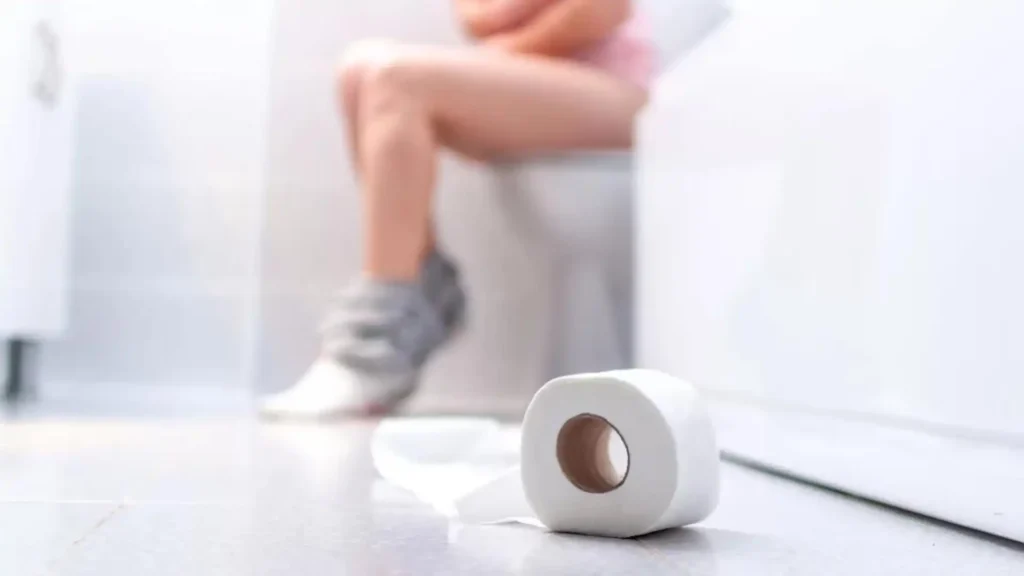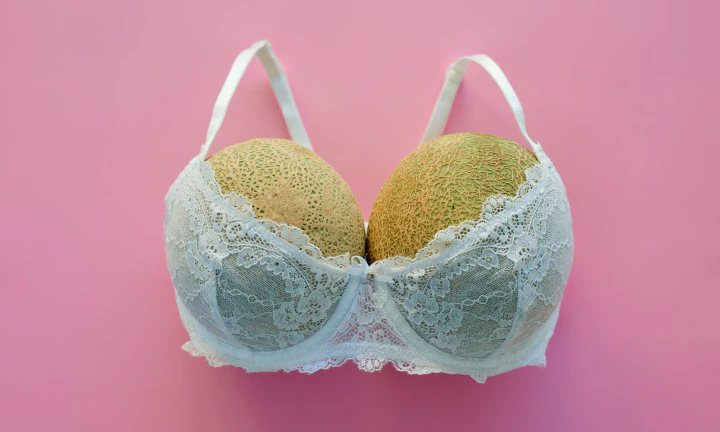Ever wonder what our ancestors sipped on when they felt a cold coming on or just needed to relax? One of their go-to remedies was Mullein tea, a herbal infusion that’s been around for centuries. From soothing sore throats to aiding respiratory issues, this tea has woven its way into the tapestry of traditional medicine. But what exactly is Mullein tea, and why has it stuck around for so long? Let’s dive in and explore the benefits, side effects, and all the intriguing details of this age-old remedy.
What Is Mullein Tea?
A Glimpse into Mullein’s History
Mullein tea comes from the leaves and flowers of the Mullein plant, scientifically known as Verbascum thapsus. This plant, with its tall, striking yellow flowers, has a history that stretches back thousands of years. Ancient civilizations, including the Greeks and Romans, recognized Mullein for its medicinal properties, using it to treat a variety of ailments, particularly those related to the respiratory system.
Over time, Mullein has earned a spot in herbal medicine cabinets around the world. Whether it was steeped in hot water for tea, applied topically, or even smoked (yes, you read that right!), Mullein was a versatile herb that people trusted to ease their discomforts.
How Mullein Tea Is Made
Preparing Mullein tea is as simple as brewing any other herbal tea, but there’s a bit of a twist. The Mullein plant has tiny, hair-like fibers on its leaves that can irritate your throat if not strained properly. So, when you’re making Mullein tea, it’s crucial to use a fine mesh strainer or cheesecloth to catch those pesky fibers.
Here’s a quick guide on how to make your own cup of Mullein tea:
- Gather your ingredients: You’ll need dried Mullein leaves and/or flowers, hot water, and a fine mesh strainer or cheesecloth.
- Steep the tea: Place about a tablespoon of dried Mullein in a cup. Pour boiling water over it and let it steep for 10-15 minutes.
- Strain carefully: Using a fine mesh strainer or cheesecloth, strain the tea to remove any plant fibers.
- Enjoy: Add honey or lemon if desired, and sip slowly.
Mullein Tea Taste and Aroma
Mullein tea has a mild, slightly sweet taste with a hint of earthiness. It’s not overpowering, making it a perfect base for adding other flavors like honey, lemon, or even a dash of cinnamon. The aroma is equally gentle, with a light herbal scent that’s comforting and inviting.
Benefits of Mullein Tea
Respiratory Health
One of the most well-known benefits of Mullein tea is its potential to support respiratory health. Mullein has natural anti-inflammatory and expectorant properties, making it a popular remedy for coughs, colds, and other respiratory issues. It’s said to help clear mucus from the lungs and soothe irritation in the throat.
Some folks even use Mullein tea as a complementary treatment for more serious conditions like asthma and bronchitis. While it’s not a replacement for medical treatment, it can be a comforting addition to your wellness routine.
Aiding Digestive Health
But Mullein tea isn’t just for your lungs. This herbal brew may also benefit your digestive system. Mullein is believed to have mild laxative properties, which can help ease constipation. Additionally, its anti-inflammatory qualities might soothe the digestive tract, making it a gentle option for those with irritable bowel syndrome (IBS) or other digestive issues.
Calming the Mind and Body
In today’s fast-paced world, who couldn’t use a little relaxation? Mullein tea has been traditionally used to calm the nerves and reduce anxiety. While more research is needed to fully understand its effects on mental health, many people find that sipping on a warm cup of Mullein tea helps them unwind after a long day. Its gentle, soothing nature makes it an excellent choice for an evening wind-down.

Side Effects and Precautions
Potential Side Effects
While Mullein tea is generally considered safe for most people, it’s not without its potential side effects. Some individuals may experience mild allergic reactions, such as skin irritation or itching. This is particularly true for those who are sensitive to the tiny hairs on the Mullein plant.
Additionally, because Mullein can have mild laxative effects, drinking too much of the tea might lead to diarrhea or stomach discomfort. As with any herbal remedy, moderation is key.
Who Should Avoid Mullein Tea?
Pregnant or breastfeeding women should consult their healthcare provider before consuming Mullein tea, as there’s not enough research to guarantee its safety in these situations. Similarly, if you’re on medication or have a pre-existing health condition, it’s wise to check with a doctor before adding Mullein tea to your regimen.
Interactions with Other Medications
Mullein tea might interact with certain medications, especially those that affect the lungs or digestive system. For instance, if you’re taking medication for asthma or chronic obstructive pulmonary disease (COPD), it’s best to consult with your healthcare provider before trying Mullein tea. The same goes for those on diuretics or laxatives, as Mullein’s mild diuretic and laxative effects could enhance the effects of these medications, potentially leading to dehydration or electrolyte imbalances.
More About Mullein Tea
How Often Should You Drink Mullein Tea?
Like with most things in life, balance is key when it comes to drinking Mullein tea. While there’s no strict guideline, most herbalists suggest consuming 1-2 cups per day. This should be enough to enjoy the benefits without overdoing it.
However, if you’re drinking Mullein tea for a specific health reason, it’s always a good idea to consult with a healthcare professional for personalized advice. They can help you determine the right amount based on your individual health needs.
Can You Grow Mullein at Home?
Absolutely! Mullein is a hardy plant that can thrive in a variety of climates, making it a great addition to any herb garden. It prefers well-drained soil and lots of sunlight, so choose a sunny spot in your garden. Mullein plants can grow quite tall, so give them plenty of space to spread out.
Once your Mullein plant is established, you can harvest the leaves and flowers to make your own Mullein . Just be sure to dry them properly before use to ensure a smooth, flavorful cup of tea.
Mullein Tea Recipes to Try
If you’re looking to mix things up, there are plenty of ways to enjoy Mullein beyond the classic brew. Here are a few ideas:
- Mullein & Mint: Combine dried Mullein leaves with a few fresh mint leaves for a refreshing twist.
- Mullein & Honey Lemon: Add a spoonful of honey and a squeeze of lemon to your Mullein for a zesty, soothing drink.
- Mullein Chai: Mix Mullein leaves with traditional chai spices like cinnamon, ginger, and cloves for a warming, aromatic cup of.
FAQs about Mullein
Is Mullein Safe for Children?
Mullein is generally considered safe for children, but it’s important to use caution. The tea should be strained very well to remove any fine plant hairs that could irritate a child’s throat. Also, consult with a pediatrician before giving Mullein to a child, especially if the child has any underlying health conditions.
Can Mullein Help with Sleep?
While Mullein is not a sedative, its calming effects can make it a good option for those who need to relax before bedtime. The gentle warmth of the tea, combined with its soothing properties, might help ease you into a restful sleep.
How Long Does Mullein Last?
Dried Mullein leaves and flowers can last for up to a year if stored properly in a cool, dry place. Once brewed, Mullein should be consumed within a day or two for the best flavor and potency. If you prefer your tea cold, you can store it in the refrigerator for up to 48 hours.
Conclusion
Mullein is more than just a comforting herbal brew; it’s a sip of tradition passed down through generations. Whether you’re drawn to it for its respiratory benefits, digestive support, or simply its calming effects, Mullein has something to offer just about everyone. But like any remedy, it’s important to approach it with a little caution and a lot of respect for its powerful properties.
So, next time you’re in need of a natural remedy, why not give Mullein a try? With its rich history and soothing benefits, it just might become your new favorite herbal tea. Remember to brew carefully, sip slowly, and enjoy the gentle embrace of Mullein with every cup.
Discover more trends:





